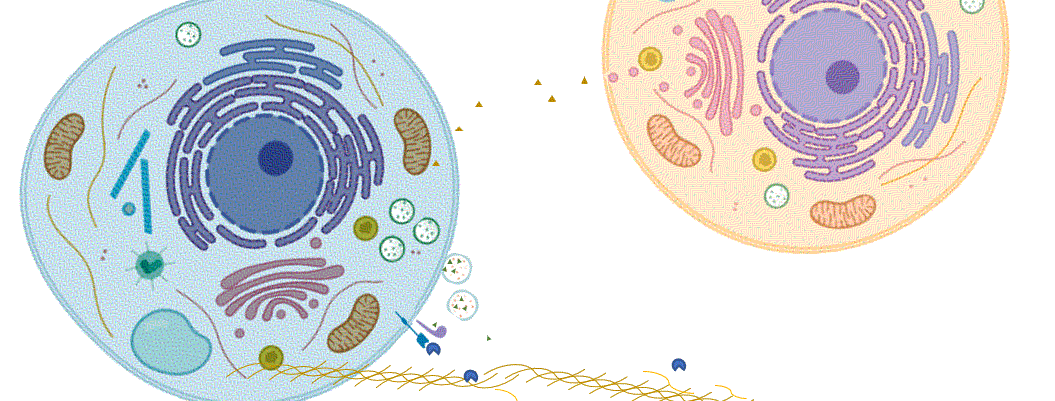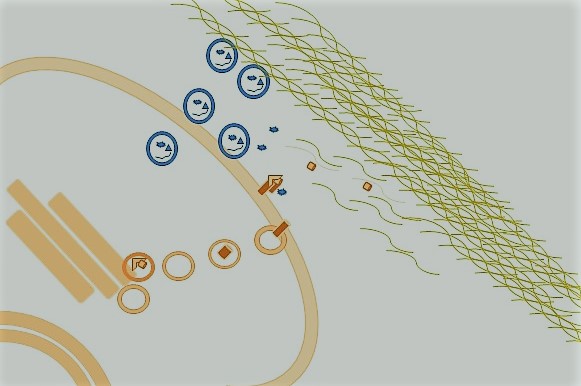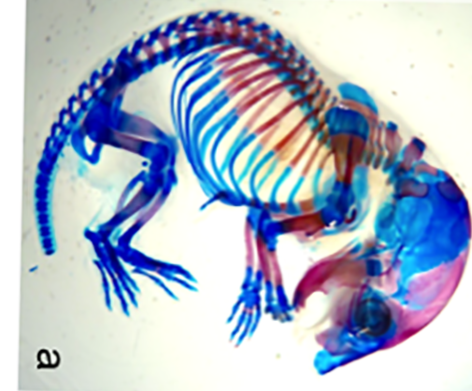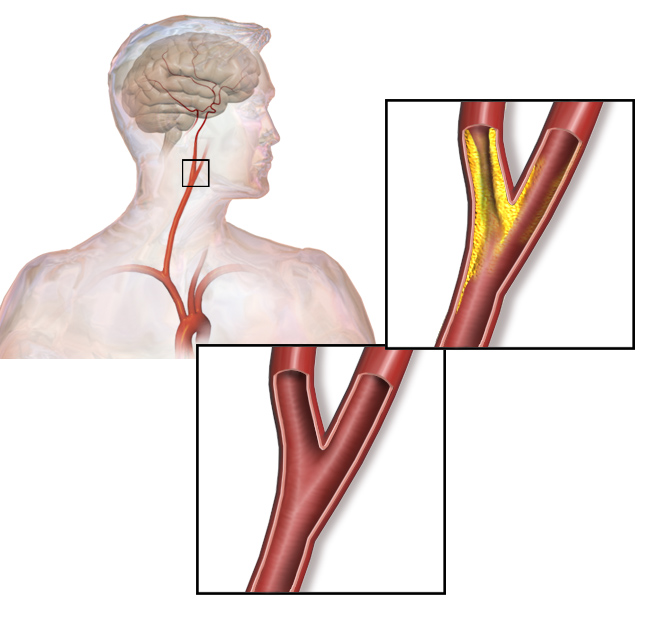Secreted Kinases May Promote Malignancy
Protein kinases are enzymes that add phosphate groups onto specific amino acids on proteins. Most of these enzymes are active within cells. Kinases are often encoded by oncogenes, and aberrant activity of these regulatory enzymes is frequently associated with cancer. Data are emerging that kinases can also be released from cells. These secreted kinases can … Read more




